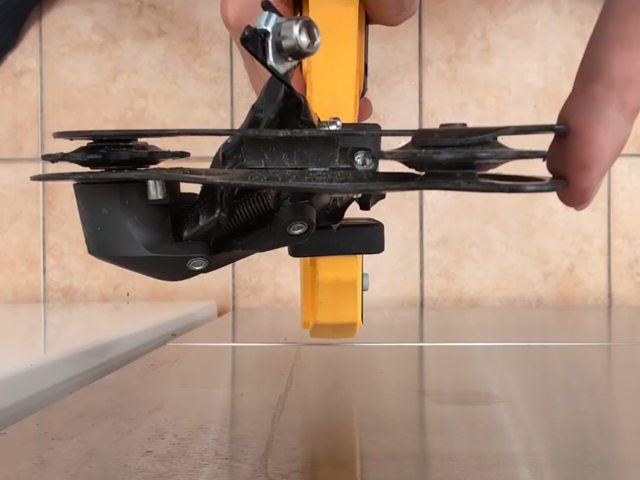This is the reason a #Shimano XT #derailleur costs more than a Shimano Alivio. On the left you have the whole-body slop of an Alivio M3100 derailleur. On the right you have the same of an XT M8000. There’s noticeable slack in all the pivot joints of the M3100. There’s no noticeable slack in the XT. It feels like a single piece. The result of this difference is misshifts like going one gear higher then back to the desired one, or otherwise some shifts taking longer between gears.
There’s a second video in the original post showing the XT derailleur.



If you go for the Shimano Deore, you get already 90% of the performance of XT for a lot cheaper. I picked a Deore 1x10 set (shifter, chain, cassette, derailleur) for like 70eur
XT is mainly a lot lighter, but the shifting performance is pretty close
I’m sure the good quality pivot joints don’t start at XT. I just don’t have other intermediary parts to test with. I’ve used an SLX derailleur and shifters in the past and the shifting consistency didn’t feel worse in any way. Maybe it goes down to Deore. Maybe even to CUES. The CUES parts look really well made. But so does the Alivio so unless one can inspect it with their hands, it’s not clear. :D
All that makes me curious about the quality of the newer “value” brands like Microshift, S-Road, Sensah, Ltwoo. If those have stiff joints, they may be a worthy upgrade for cheap setups.
I’ve heard both good and bad things about Microshift, so really idk. Cues I guess is pretty similar to Deore, just for gravel rather than mountain bikes